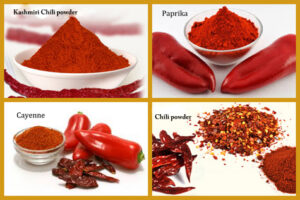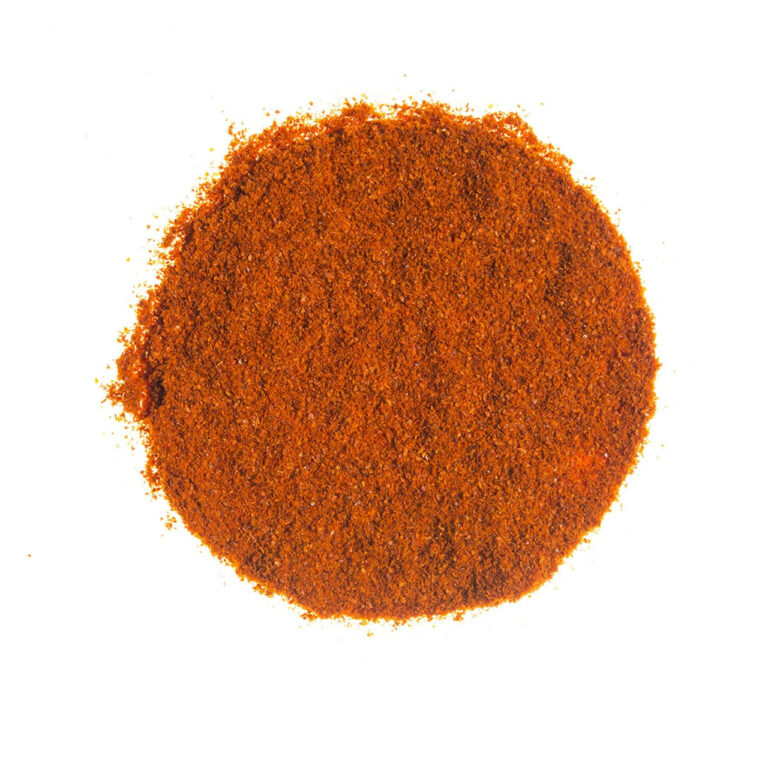Cayenne Powder: The Fiery Spice with Powerful Benefits
 Introduction
Introduction
Cayenne powder, derived from dried and ground cayenne peppers (Capsicum annuum), is a vibrant red spice renowned for its intense heat and pungent flavor. This versatile spice, ranging from 30,000 to 50,000 Scoville Heat Units, has been used for centuries in culinary applications and traditional medicine. Known by various names such as ground cayenne pepper, capsicum powder, or red pepper powder, cayenne has become a staple in kitchens worldwide and a subject of interest in the health and wellness community.
The Rich History of Cayenne
Cayenne peppers originate from South America, where they have been cultivated for thousands of years. Named after the city of Cayenne in French Guiana, these peppers were introduced to Europe by Christopher Columbus and quickly spread across the globe. In many cultures, cayenne has been used not only as a food flavoring but also as a natural remedy for various ailments.
Culinary Uses
In the culinary world, cayenne powder is prized for its ability to add heat and depth to dishes. It’s a key ingredient in many cuisines, including:
- Mexican and Tex-Mex dishes
- Cajun and Creole cooking
- Indian curries and spice blends
- Korean kimchi and other fermented foods
- Hot sauces and spicy condiments
Cayenne’s versatility extends beyond just adding heat. It can enhance the flavors of savory dishes, balance sweetness in desserts, and even act as a natural preservative in some food preparations.
Health Benefits
 The active compound in cayenne, capsaicin, is responsible for many of its health benefits. Here’s a closer look at some of the potential advantages of incorporating cayenne powder into your diet:
The active compound in cayenne, capsaicin, is responsible for many of its health benefits. Here’s a closer look at some of the potential advantages of incorporating cayenne powder into your diet:
- Metabolism Boost: Cayenne may increase metabolic rate, potentially aiding in weight management efforts.
- Anti-Inflammatory Properties: The capsaicin in cayenne has been shown to have anti-inflammatory effects, which may help in managing chronic inflammatory conditions.
- Cardiovascular Health: Some studies suggest that cayenne may help reduce blood pressure and improve circulation.
- Digestive Support: Contrary to popular belief, cayenne can actually stimulate digestive enzymes and increase gastric juices, potentially aiding digestion.
- Pain Relief: When applied topically in creams or ointments, cayenne may help alleviate pain associated with arthritis, muscle aches, and nerve pain.
- Antioxidant Properties: Cayenne is rich in vitamins A and C, both powerful antioxidants that can help protect cells from damage caused by free radicals.
- Potential Cancer-Fighting Properties: Some preliminary research suggests that capsaicin may have anti-cancer properties, though more studies are needed in this area.
Precautions and Side Effects
While cayenne powder offers numerous benefits, it’s important to be aware of potential side effects and use it judiciously:
- Gastrointestinal Irritation: In some individuals, cayenne can cause stomach upset, heartburn, or aggravate existing ulcers.
- Medication Interactions: Cayenne may interact with certain medications, particularly blood thinners and blood pressure medications.
- Skin and Eye Irritation: Direct contact with cayenne powder can cause irritation to the skin and eyes. Always handle with care.
- Allergic Reactions: Some people may be allergic to cayenne or other nightshade vegetables.
- Overuse: Excessive consumption of cayenne can lead to liver damage or worsen acid reflux symptoms.
Incorporating Cayenne into Your Diet
If you’re new to using cayenne, start with small amounts to build tolerance. Here are some ways to incorporate it into your diet:
- Add a pinch to soups, stews, or chili for extra heat and flavor.
- Mix it into marinades for meats or vegetables.
- Sprinkle a small amount on roasted vegetables for a spicy kick.
- Include it in homemade salad dressings or dips.
- Try a cayenne-infused tea or lemonade for a warming drink.
Conclusion
Cayenne powder is more than just a fiery spice – it’s a versatile ingredient with a rich history and potential health benefits. From its culinary applications to its use in traditional medicine, cayenne continues to be a subject of interest for food enthusiasts and health researchers alike. While it offers numerous potential benefits, it’s important to use cayenne powder in moderation and be aware of possible side effects or interactions.As with any dietary change or supplement, it’s advisable to consult with a healthcare professional before significantly increasing your cayenne intake, especially if you have pre-existing health conditions or are taking medications. When used responsibly, cayenne powder can be a flavorful and potentially beneficial addition to a balanced diet.



